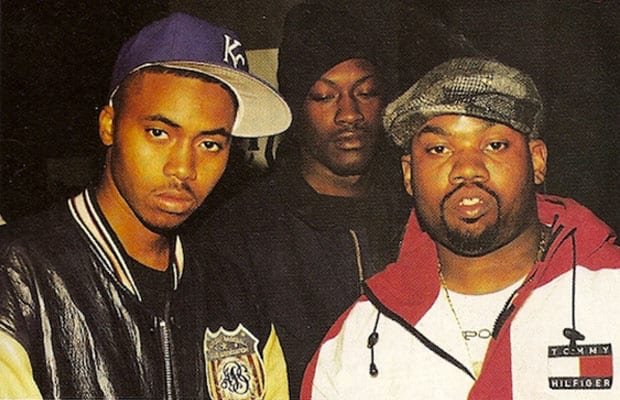

That mixture of tightly knit procedural storytelling and lyrical virtuosity carries through on the other solo showpieces, the business plan/inventory rundown "Surgical Gloves" and the confrontation with a kiss-blowing, shit-talking Jamaican dealer in "Fat Lady Sings" chief amongst them.īut it's the guest spots that make the album widescreen, particularly with the involvement of every remaining Wu-Tang member (except for U-God, possibly as a canonical continuation of his being "killed off" on the first Cuban Linx). Two early detail-oriented highlights come back-to-back: "Sonny's Missing", a compact, Pete Rock-produced narrative concerning the grotesque interrogation of a rival segues into the strangely calm crack-cooking setpiece "Pyrex Vision", where Rae simmers his voice down to a murmur and gives a tactile snapshot of the crack-cooking process. Raekwon's gift for deep focus- homing in on an adversary's apparel one moment, zooming out to take in an entire hood's social system the next- is at its sharpest, and in running the gamut of criminology rap from kitchen stove to prison yard, he reinforces his reputation as a lyricist with a supreme ability to simultaneously set an evocative scene and turn a slick phrase. From there we get not so much a single narrative as a vivid overview of a criminal empire that's grown in scope since the first Cuban Linx. In 1995, Popa Wu admired the way Raekwon was growing and coming up in the world in the same way a master teacher regards his star pupil 14 years later he's simultaneously marveling at Raekwon's success and warning him of the treachery that elevated status brings.


It was also one of 33 hip-hop albums that made it into the top 90s albums on Rolling Stone. was one of 16 hip-hop albums that was included in Pitchfork Media's list of the best albums of the 90s.

Nas Part has been called "memorable" by The Source. Nas was rapping the most complex lines of his life on Verbal Intercourse. It is especially noteworthy that Nas was the first rapper outside of the Wu-Tang Clan to make a guest appearance on an album by a Wu-Tang Clan member. Many well-known rappers from the Wu-Tang Clan like Ghostface Killah, who is featured on almost every track, have a guest appearance on Only Built 4 Cuban Linx. On the track "Heaven & Hell" Raekwon dissed the West Coast. The Notorious BIG answered a year later on the track Kick In The Door, among others Raekwon. On the tracks Shark Niggas (Biters) and Ice Water, Raekwon disses the Brooklyn rapper The Notorious BIG and the bad boy family. RZA changed his style from the scratchy kung fu beats that used to characterize him and instead used more classical and soul samples. Originally the album was supposed to be called Only Built 4 Cuban Linx Niggaz. is also known as The Purple Tape because the tape was purple when it was released.


 0 kommentar(er)
0 kommentar(er)
